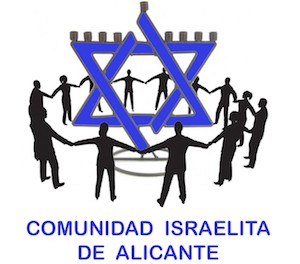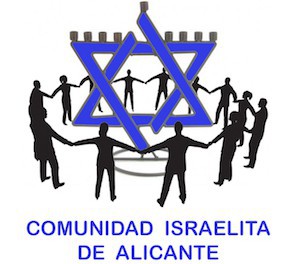In last week’s Torah reading, Terumah, we read the details of the construction of the Tabernacle, the sanctuary in the desert. In this week’s Parshah, Tetzaveh, we discover the special garments worn by the priests and high priest when serving in the Tabernacle. Following that, we read G‑d‘s instructions to Moses regarding the seven-day inauguration for the Tabernacle. The portion concludes with a description of one of the vessels of the Tabernacle—the Incense Altar.
God commands the Jews to use the purest of olive oils for the daily kindling of the Menorah. Moses is instructed to consecrate Aaron and his sons by dressing them in special priestly garments. The Torahdescribes the making of the High Priest’s ephod — a reversed apron which covered the back — and its precious-stone-studded shoulder straps.
We now read about the High Priest’s Choshen Mishpat (“Breastplate of Judgment”). It contained four rows of precious stones, each row containing three stones. Artisans engraved the names of the Twelve Tribes of Israel upon these twelve stones. This cloth breastplate contained a fold wherein the Urim v’Tumim, a parchment on which was written G‑d’s Name, was inserted. The Choshen Misphat was then secured by straps which connected it to the ephod.
This aliyah describes the last two of the garments which were exclusive to the High Priest: the me’il and the tzitz. The me’il was a blue robe which was adorned with golden bells and cloth “pomegranates.” The tzizit was a golden band worn on the forehead, which was engraved with the words “Holy to G‑d.” The Torah then describes the four garments worn by both the High Priest and the regular priests: tunics, turbans, sashes and pants.
This aliyah prescribes the procedure for consecrating Aaron and his sons as priests. Aaron and his sons were brought to the door of the sanctuary, they immersed in a mikvah (ritual pool), and were dressed in the priestly garments. Moses then offered various inaugural sacrifices on their behalf.
The Torah continues describing the procedure for the offering, and the consumption of the inaugural sacrifices. G‑d commands Moses to repeat this inaugural service for a seven day period, after which the consecration will be complete. Also included in this section is a description of how future High Priests are to be inducted.
God instructs the Jews to offer two burnt offerings daily for perpetuity; one lamb in the morning and one in the afternoon. G‑d promises to dwell in the Tabernacle.
This section describes the Incense Altar which stood in the sanctuary. The priests are commanded to burn incense upon this altar twice daily.

